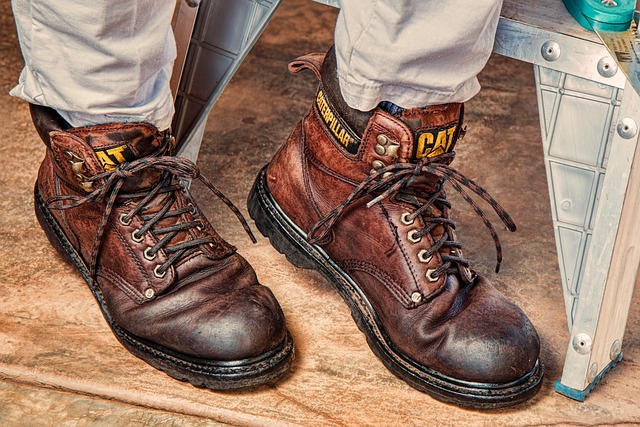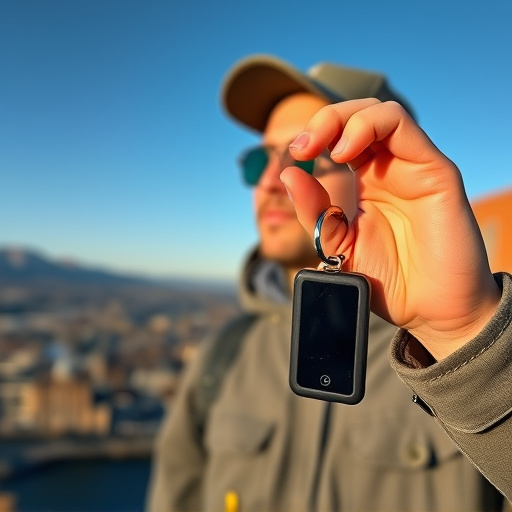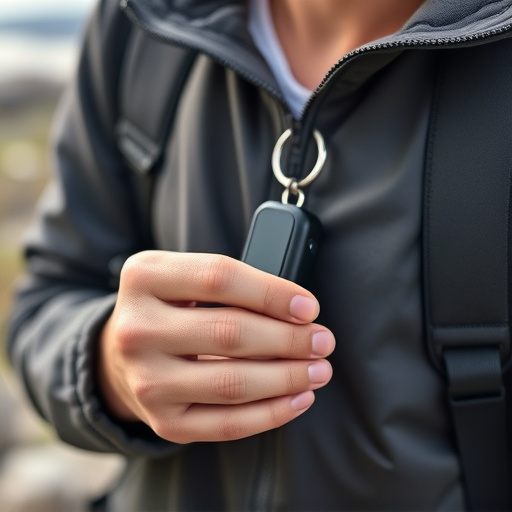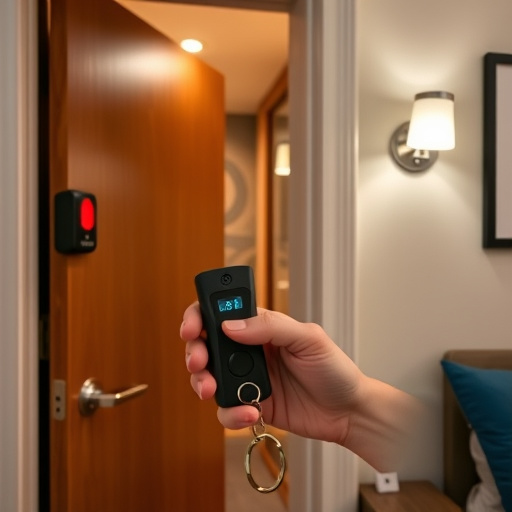Before traveling, research local customs and regulations, pack essential gear like first aid kits and reliable communication tools, and ensure you have proper documents and insurance. Protect your belongings by using specialized anti-theft bags and staying vigilant in crowded areas. Prioritize safety while traveling by keeping a well-stocked first aid kit, a secure luggage lock, and an emergency kit. Regularly update yourself on destination-specific safety measures and consider travel insurance for medical emergencies.
Traveling opens doors to new experiences but requires meticulous planning for a safe journey. This article equips travelers with essential traveler safety tips and must-have travel gear to navigate destinations seamlessly. From understanding destination risks and local laws to securing personal belongings and staying safe during transportation, these comprehensive traveler protection advice cover all bases. By following these essential travel precautions, you’ll embark on trips with confidence, knowing you’re prepared for any scenario.
- Understanding Your Destinations Risks and Local Laws
- Essential Travel Documents and Insurance Coverage
- Securing Your Personal Belongings: Pickpockets and Theft Prevention
- Staying Safe During Transportation: Air, Land & Sea Travel Tips
- Preparing for Unforeseen Emergencies: Health, Injury, and Evacuation Measures
Understanding Your Destinations Risks and Local Laws

Before packing your bags and embarking on your journey, it’s crucial to understand the risks and local laws at your destination. Traveler safety tips start with researching essential travel precautions specific to each location. What might be legal or safe in one country could be a strict no-no elsewhere, so delve into understanding the local customs and regulations. This includes knowing potential health risks, emergency contact numbers, and even basic phrases in the local language.
Having the right travel safety products and must-have travel gear can make all the difference in an unexpected situation. Consider packing a small first aid kit, a copy of your important documents, and a reliable means of communication. Always stay informed about any political or social unrest that might impact your trip, and follow local advice from official sources to ensure you’re making safe choices while on the go.
Essential Travel Documents and Insurance Coverage

Before setting off on your journey, ensuring you have all the necessary documents and insurance is paramount among essential travel precautions. These include a valid passport, visas (if required), and identification cards like driver’s licenses or national ID cards. For international travelers, having an International Driving Permit can also be beneficial.
Travel insurance is another crucial component of must-have travel gear for traveler protection advice. It provides financial coverage against unforeseen events such as medical emergencies, trip cancellations, lost luggage, or flight delays. Understanding the scope and limitations of your policy is vital to ensuring you’re adequately protected during your travels, following the traveler safety tips outlined in this guide.
Securing Your Personal Belongings: Pickpockets and Theft Prevention
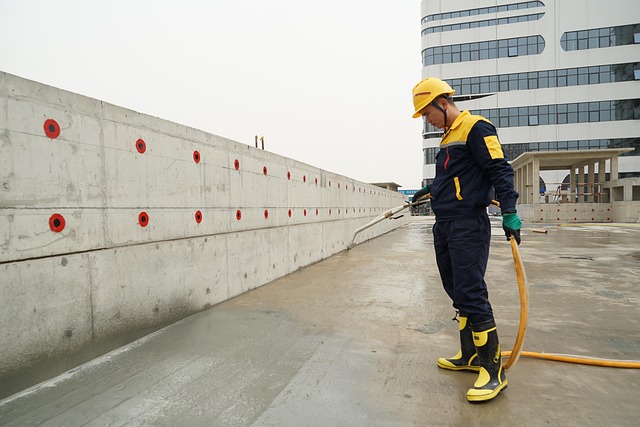
When traveling, securing your personal belongings is paramount to ensuring a safe and worry-free experience. Pickpockets and thieves are common in crowded tourist areas, so staying vigilant and protecting your possessions is essential. Invest in a secure bag or backpack designed with hidden compartments and anti-theft features like locking zippers and RFID protection. These travel safety products not only safeguard your valuables but also give you peace of mind while exploring new places.
Additionally, be mindful of your surroundings at all times. Keep your bags close to you and never leave them unattended. Avoid displaying expensive items or large amounts of cash openly. Opt for secure storage facilities at hotels or use hidden pockets to store important documents and money. By following these essential travel precautions and must-have travel gear suggestions, travelers can significantly enhance their protection against theft, making their journeys more enjoyable and stress-free.
Staying Safe During Transportation: Air, Land & Sea Travel Tips

When traveling by air, land, or sea, prioritizing traveler safety tips and essential travel precautions is paramount. Start with must-have travel gear: a well-stocked first aid kit tailored to your destination, a reliable travel lock for luggage security, and a personal emergency kit including a whistle for urgent situations. These basic tools can provide traveler protection advice in unexpected circumstances.
For air travel, be sure to follow airline safety guidelines, stay alert during emergency announcements, and keep your seatbelt fastened when instructed. When traveling by land or sea, choose reputable transport services with up-to-date safety measures. Always report any suspicious activity and remain vigilant against potential theft or scams, especially in crowded areas. Regularly update yourself on destination-specific travel safety products and essential travel precautions recommended by official sources to mitigate risks effectively.
Preparing for Unforeseen Emergencies: Health, Injury, and Evacuation Measures

When planning a trip, it’s crucial to prepare for unforeseen emergencies that could arise during your travels. Health issues and injuries are potential challenges that every traveler should be ready to face. Ensuring you have the right travel safety products is essential; this includes a well-stocked first aid kit tailored for your specific destination and activities. Pack medications for common health complaints and any prescription drugs, along with basic remedies like bandages, antiseptics, and pain relievers.
Additionally, familiarize yourself with local medical facilities and emergency services. Note down contact details of nearby hospitals, clinics, and emergency hotlines. Consider purchasing travel insurance that covers medical evacuation and repatriation, offering peace of mind in case of unexpected health incidents or injuries requiring specialized care. Always inform someone back home about your itinerary and keep them updated during your journey for prompt traveler protection advice in an emergency.
